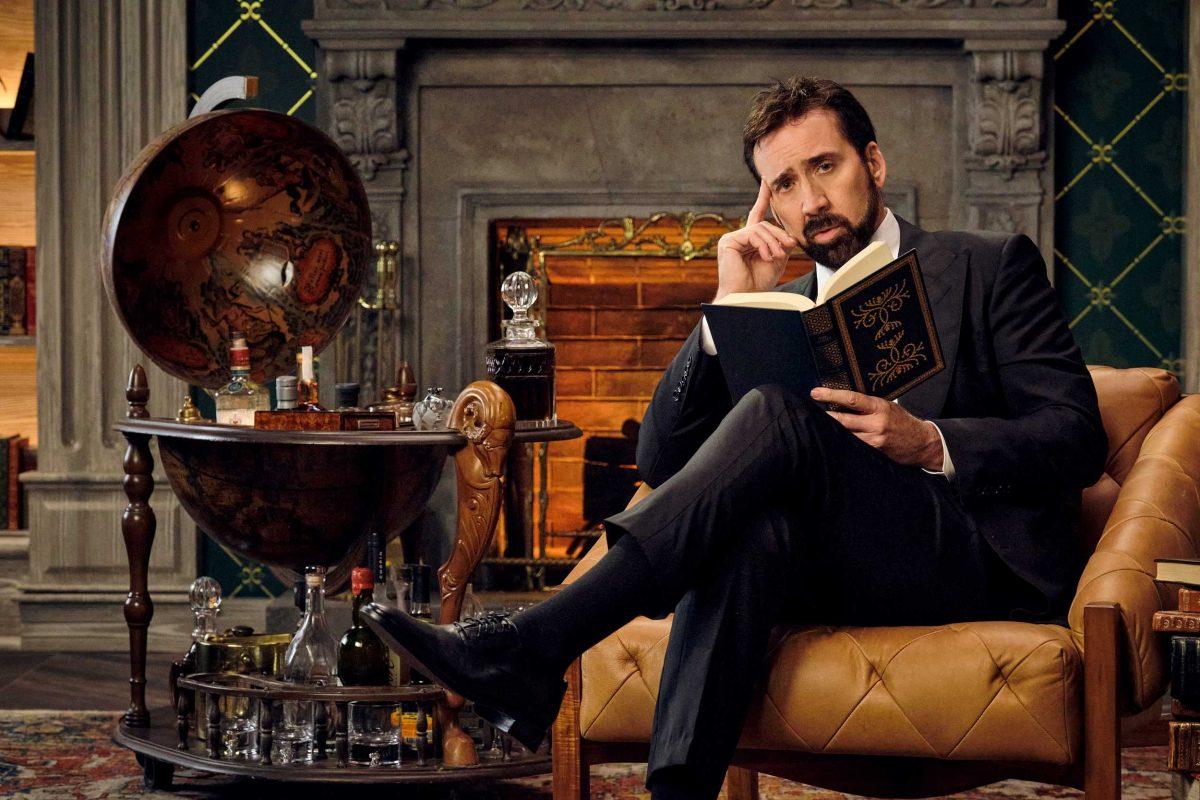Stars: 3.5/5
Ever wondered about the history of your favorite swear word?
“The History of Swear Words” takes the allure of swear words and mixes it with history, pop culture and etymology. In the documentary series, there are six cheeky 20-minute episodes packed with the evolution, cultural impact and usage of some familiar swear words.
Nicolas Cage opens the first episode, staring directly into the camera, and after a long pause, he asks, “Who the f*ck are you looking at?”
“The History of Swear Words” takes the cake for being blunt and straightforward without censoring a single word. I don’t think I have ever sat through anything so intentionally explicit before. This series doesn’t hold back on teaching the audience about the actual history around swear words.
The commentators included professors, comedians, actors, critics, linguists and lexicographers. Each person gives their own usage and knowledge behind the word through the six episodes. The diversity among the cast also allows different connotations of words.
One of the highlights of the series is that the audience hears from several different communities, such as the Black community and the LGBTQ community.
Another thing is that the episode, “Bitch,” dives into how the word has different connotations depending on who is saying it. The episode’s commentary is lead mainly by women.
The first episode, “F*ck,” touches on the word’s impact and how it is the most used swear word yet is the most censored. The word also has its own family tree. This episode is probably the funniest competing with “D**k.”
“We need to be able to say swear words,” Cage says. “It’s a gateway for creativity, it’s a form of protest, and it’s good for us.”
The series also brings up the psychological aspect of using swear words. We used them to express frustration or relief or to celebrate.
There are some moments when some of the comedians are just annoying more than funny. Being loud and repeating a swear word isn’t funny. The series has its hilarious and cheeky moments for sure, yet some of the jokes fall flat. It sometimes feels like I’m in middle school, and the kids are trying to curse as much as possible to sound cool.
“It’s not important when you’re just swearing for swearing’s sake, swear because you mean it,” comedian London Hughes said at the end of the first episode.
It got to the point that some of the cast said the words so much that it sounded like they were no longer words and just sounds.
However, the best parts about the series are indeed the historical context scenes with Melissa Mohr, author of “Holy Sh*t: A Brief History of Swearing,” and Kory Stamper, lexicographer and author of “Word by Word.” These two experts are the highlight of the show. They give the historical context and impact behind the words. The experts balance out the randomness from the comedians, which is a strong aspect of the series. The outlandish facts gave the comedians plenty to work with.
Overall, “The History of Swear Words” is one of the most irreverent and most explicit series on Netflix. If you are not a fan of swear words and prefer to use euphemisms, then it is not the show for you. But if you are like me and curse like a sailor, then this is the show for you.
Rev Rank: ‘The History of Swear Words’ gives you an answer to what makes a bad word
By Ariel Baise
January 29, 2021
swear words






